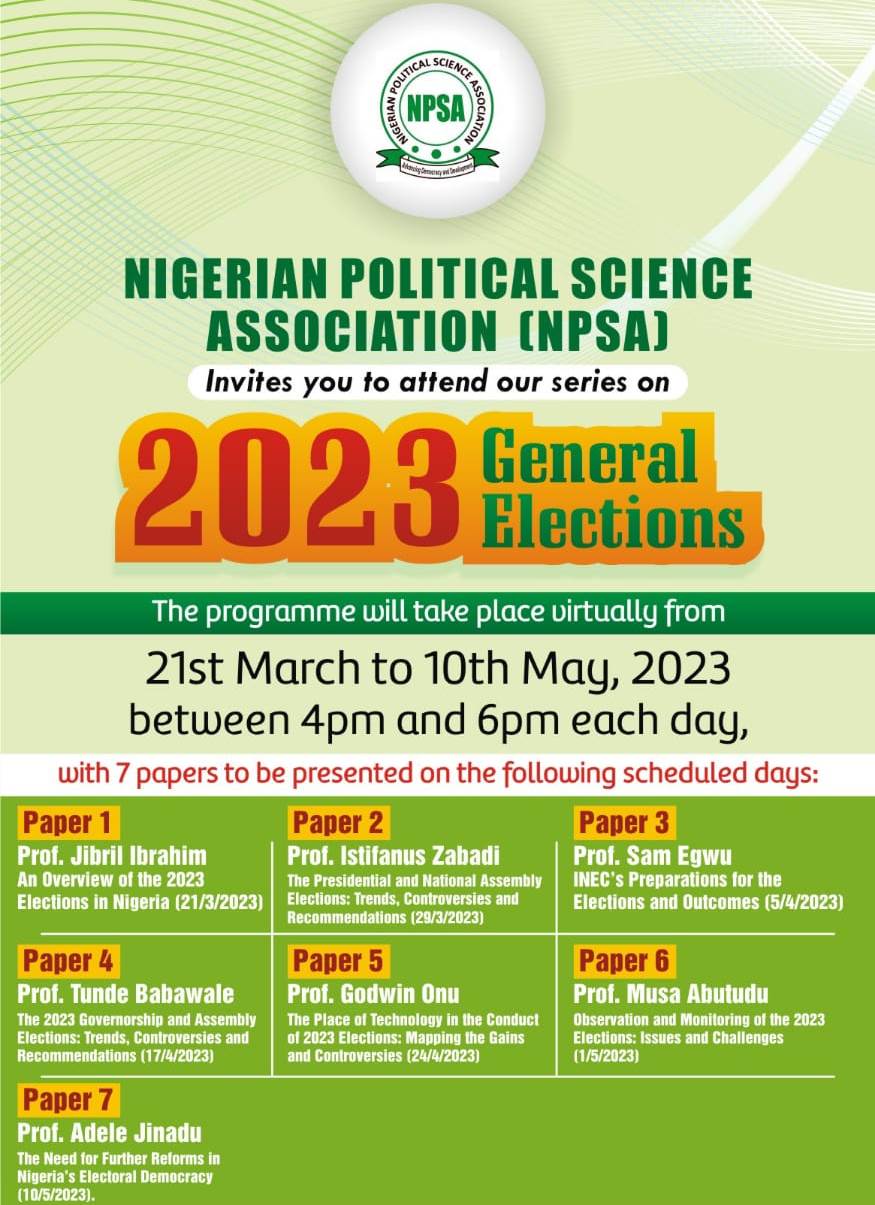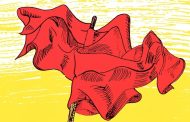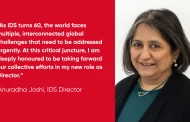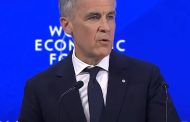The Nigerian Political Science Association, (NPSA) which has been literarily dead until recently is coming back in a way like never before. The Association has magically managed to get hold of the leading authorities in the discipline to speak on a live, explosive issue: the February 25th, 2023 presidential election and the reactions its outcome has provoked. Unlike the last decade when the activities of the Association were most of the time sleep-inducing, the speakers and the topics here match unto each other in a way that would be difficult for anyone to doze off. It is only Professors Adigun Agbaje, Attahiru Jega, Eghosa Osaghae and Okey Ibeanu who are missing from the list. They might not be too far, most likely somewhere operating at the background.
Collectively understood in generational terms, then Prof Adele Jinadu would seem to be the misnomer on the list. But that is if we fail to see his presence as the ‘ancestral’ eyes on the successor generation. That is, he must be there as the eyes and ears of the departing generations eager to be sure “these boys” are speaking the language of Political Science. Intervention would argue that there are many disciplines in Nigeria today where members of the successor generation are simply lost in the matter of speaking the language of the discipline.

Prof Adele Jinadu
But even more important than the ‘return’ of the generational leaders to duty is the theme of the conference which, seriously speaking, must be why Adele Jinadu is listed as a speaker. By his own testimony, he is one of a small number of indigenous academics (or is it intellectuals) who have taken it upon themselves to innovate and crash the culture of elite electoral brigandage. It was something started since Attahiru Jega’s tenure as INEC Chairman. That is accountable scholarship, scholarship that is sensitive to history and its immediate society although it is not clear if they adequately appreciate the ethical deficit in the collective and individual make-up of the specie called Nigerian politicians.
Interestingly, every successive Chairman of the election management body, right from when it was called the Federal Electoral Commission, (FEDECO) to when the name was adjusted to National Electoral Commission, (NEC) before it became Independent National Electoral Commission, (INEC) has expressed the same opinion of the breed. Let’s take Maurice Iwu as spokesperson of former chairmen of FEDECO/NEC/INEC. Speaking at the Department of Political Science at the University of Ibadan sometimes in 2007 after heavy criticism of the General Elections he presided over that year, Prof Iwu said, inter alia:
“The prospects of a big man politician failing to clinch the office of his heart’s desire is simply inconceivable to him and so almost always there is a resort to extraordinary measures to ensure victory at all costs… With every wealthy and influential politician having a battery of well armed security guards around him round the clock, the capacity to intimidate political opponents and unleash violence is ever present. At the same time, the likelihood of restraining such a citizen from conducts that are outside the orbit of law is highly reduced”
What Iwu and nearly every other chairperson of the election management body can be understood to be saying is that what passes for the elite in Nigeria has a crisis of mission and it is more tempting to give up on them than anything else.
That is what Intervention finds inviting in the effort of the brave intellectuals experimenting with calling technology to the help of technocracy to checkmate visionless politics. And in that lies the significance of this series of presentations in that each one is, consciously or otherwise, going to be no less than a ‘mission accomplished’ or ‘mission impossible’ statement on this brave effort generally. It cannot be any less in the context of the mysterious dysfunctionality of iRev on February 25th, 2023, very much contrary to the assurances of the INEC boss, Prof Mahmood Yakubu.
It simply doesn’t speak of an organized or a serious country that the protests against the outcome of the 2023 election is a replica of the protest against the outcome of the 1979 election, with just a few differences, suggesting that there has been no progress in the management of elections in Nigeria between 1979 and 2023.




























